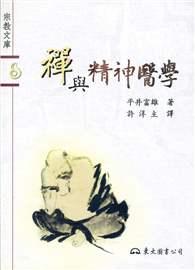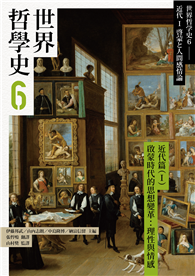MUSSOLINI - A Biography, by PAOLO CAMPANELLI ... HE was a young man I had never seen before and his agitated manner and unkempt clothes set him apart from the other workers in the hall. The emigre audiences were always poorly dressed, but this man was also extremely dirty. I had never seen a more wretchedlooking human being. In spite of his large jaw, the bitterness and restlessness in his black eyes, he gave the impression of extreme timidity. Even as he listened, his nervous hands clutching at his big black hat, he seemed more concerned with his own inner turmoil than with what I was saying . . . After a few minutes conversation in the royal waitingroom, which was decorated with flowers and the flags of Great Britain and Italy, the Prime Minister and Lord Halifax entered Signor Mussolinis private train which the Duce had placed at their disposal. Between these two quotations stretches most of the life of Benito Amilcare Andrea Mussolini, il Duce, Prime Minister of the Kingdom of Italy, and one of the most striking characters of our time. The first paragraph was written by Angelica Balabanoff in her book, My Life as a Rebel, in which this extraordinary woman described her experiences and adventures as a leader in the prewar Second International and other proletarian organisations. The second appeared in a London evening paper in the middle of January, 1939. Behind these two lies one of the most amazing successstories of the twentieth century, the rise of a poor, intensely passionate, hunted young man full of inhibitions, to one of the masters of the world. It is a story which has still a great many unknown ramifications. No man can be judged finally before his death and Signor Mussolini is very much alive. His achievements and blunders, his greatness and his crimes, are debated alike by his enthu opponents. But no history of our times could be written without mentioning his name he stands for the new Italy and if she falls, he will fall with her. Benito Mussolinis father, Alessandro, lived in the Romagna. He was always in hot water, being first an anarchist and latera slight concessiona Communist. By calling he was a blacksmith at least, he worked intermittently at his job when he was not in prison. He founded a cooperative community at Predappio and became its mayor. When Alessandro died in 1910 his son paid him a deeplymoving tribute. Later he described him in his autobiography: ... A heavy man with large, powerful, fleshy hands, darkhaired, goodnatured, not slow to laugh, with strong features and steady gaze. His intense sympathies mingled with doctrines and causes. He discussed them in the evening with his friends and his eyes filled with light. ... So come and go men whose minds and souls are resolute for good ends. Rosa, his wife, was less of a political dreamer and more of a realist. Benito was born on a Sunday, July zgih, 1833, at a small village called Varano di Costa in the county of Predappio. Nearby the beautiful plain of Forli stretched with its vineyards, castles, little streams.











